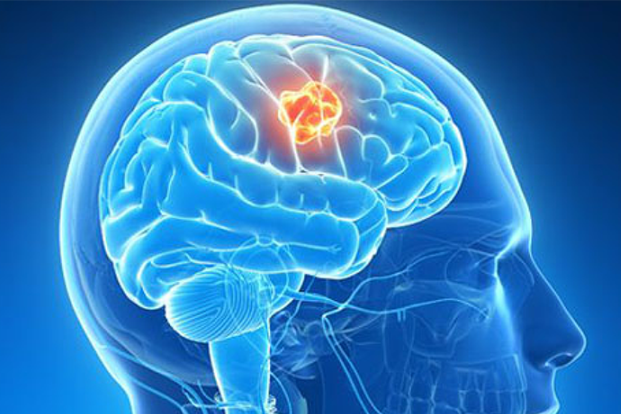How long does it take to remove a Brain Tumor
Apr 19, 2022
Brain is a vital organ which defines who we are as an intelligent being and is not just required for life but also defines the individual personality. Nature has covered the brain in a rigid bony skull which makes any approach to the brain difficult. For most of history the diseases of the brain were poorly understood and the availability of therapy for its diseases was limited. Surgery on the brain was considered to be best avoided. However in the last century has expanded our knowledge of the disease process in the brain and also surgery on the brain has become routine.

The brain and its coverings are affected by a wide variety of tumors most of which require surgery either alone or in a combination with other modalities as a part of the treatment. Surgery on the brain requires specialized training for the surgeon, anesthesiologist and also the nurses who would be taking care of the patients. Also required is specialized equipment and a setup which can handle any unintended problem that may occur.
Because of the rigid bony covering and poor tolerance of the brain to excessive handling the surgery on these tumors takes a longer time as compared to tumors elsewhere in the body. The time taken for a surgery may range from a few hours to almost a complete day depending on the location of the tumor and the structures surrounding it. A small tumor located deep within the brain surrounded by vital structures which have to be protected may take the better part of the day to complete whereas a superficially located large tumor may require only a few hours.
A carefully done surgery where care has been taken to preserve the surrounding tissues may take a bit longer to complete but on the whole will result in a better outcome as far as the patient is considered. So if we look purely at the duration of the surgery it may appear as if it is taking a long time for the tumor removal but if we factor in the natural protective measures around the brain and the difficulty in approaching these tumors and the fragility of the brain then the fact that we can operate on the brain in the first place .









